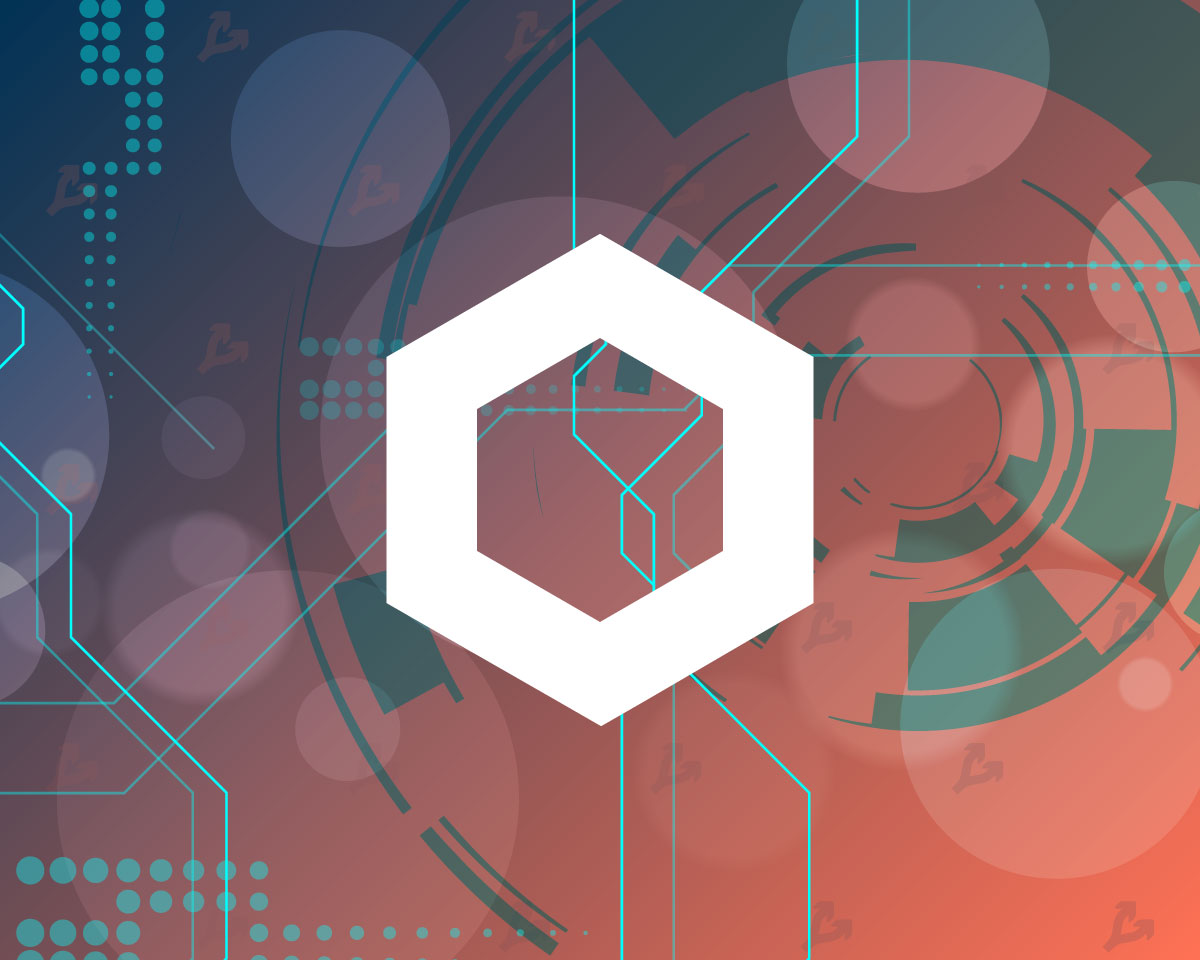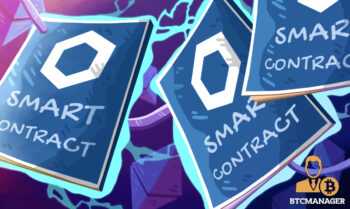2019-6-27 16:42 |
Oracles are going to revolutionize both blockchain and crypto and ChainLink is set to dominate the oracles market. They are critical connectors whose centrality in the blockchain evolution cannot be understated. The Prediction markets are, for instance, heavily reliant on smart contracts. The burgeoning industry cannot function without trusted oracles.
These links translate and process off chain information and link into fragmented blockchains. ChainLink “provides reliable tamper-proof inputs and outputs for complex smart contracts on any blockchain.” The platform feeds blockchains with real-world events, up to date data and payments through smart contracts and APIs.
Google has repeatedly made mentions of Ethereum-based oracle project in its Google development blog. The Internet-related services and products giant has integrated its Big Query platform with ChainLink. This will assist the cloud analytics web service to integrate its information processing prowess with blockchain.
Ethereum Scalability TroublesThrough ChainLink, Google’s BigQuery can take data off real-world data sets and ensure its integrity through the Ethereum based blockchain platform. Similarly, ChainLink names SWIFT as a partner on its parent company, smartcontract. The banking communications network is 11,000 partners strong and has been experimenting with ChainLink’s Proof-of-Concept system.
Some crypto enthusiasts, however, wonder just how any platform built off the Ethereum blockchain could scale for more extensive use cases. Is ChainLink bound to be bogged down by Ethereum’s scalability issues?
XRP Neo, for instance, tweets:
“I see a lot of mention about ChainLink and some people think this is what will be used by SWIFT for cross border payments…. It is an Ethereum token, meaning it’s not scalable enough. Secondly, in the SWIFT document recently released, they mention cross border payments taking seconds in the future. An Ethereum token takes a lot longer than seconds, a couple of minutes at least.”
Most practical, real-world uses of distributed networks such as Ethereum or Bitcoin have been smothered by the scalability shortcoming. There are multiple use cases such as payment networks or AI enabled applications that could disruptions. As an illustration, Ethereum can only handle around 10–15 transactions each second. In contrast, Twitter can handle tens of thousands of API calls in a day. If by 2020, there will 50 billion devices online, blockchains will need to scale easier and faster to support increased use of IoT, machine learning, and AI.
Addressing ScalabilityNevertheless, the answer to ChainLink’s critics lies in the current developments around blockchain scalability. To combat Ethereum’s inherent bottlenecks while retaining security, many improvements are being considered. Sharding, for instance, will split up the network into independent sub-chains. The Raiden Network idea will tackle the scalability problem processing some transactions off the Ethereum blockchain.
The other solution fronted is to turn the Ethereum blockchain algorithm to proof of stake to increase speeds. However, novel innovations such as ThunderCore, which is a ChainLink partner, plan to deal with scalability. The platform that has raised over $50 million is set to build a faster, and cheaper blockchain platform. At its heart is the foundation for an enhanced bitcoin.
According to its CEO Chris Wang, ThunderCore has the capability of processing 1,200 each second. It is therefore 100 times faster that Ethereum or Bitcoin. With all, that speed the blockchain will still maintain Bitcoin’s legendary decentralized trust features, yet have a high performance, scalability, and throughput. It will also be compatible with Ethereum for use by the community’s large developer family.
The post ChainLink (LINK) Popular, Ethereum’s Scalability Could Slow Them Down appeared first on Ethereum World News.
origin »Bitcoin price in Telegram @btc_price_every_hour
Ethereum (ETH) на Currencies.ru
|
|








